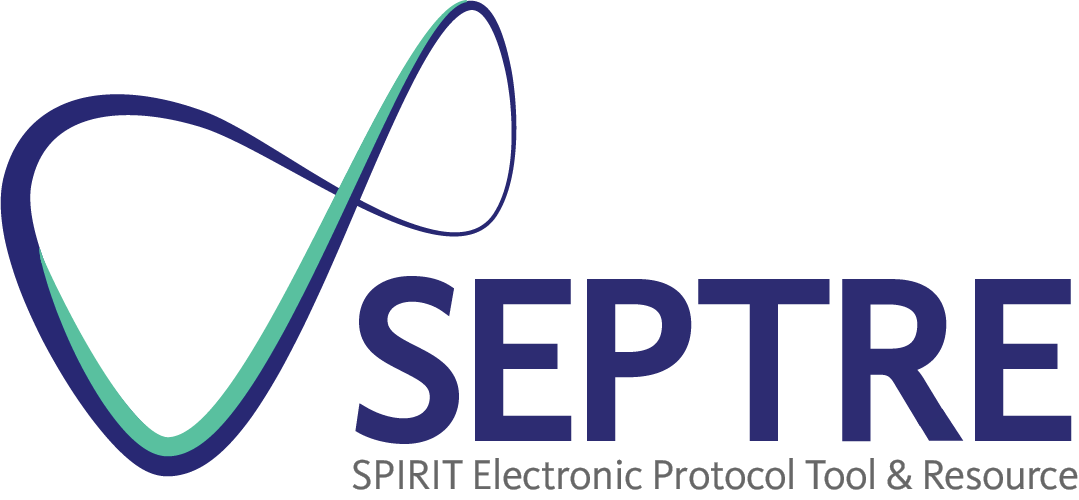Item 4: Sources and types of financial, material, and other support.
Example
“Tranexamic acid will be manufactured by Pharmacia (Pfizer, Sandwich, UK [United Kingdom]) and placebo by South Devon Healthcare NHS Trust, UK. The treatment packs will be prepared by an independent clinical trial supply company (Brecon Pharmaceuticals Limited, Hereford, UK) . . .
LSHTM [London School of Hygiene & Tropical Medicine] is funding the run-in costs for the WOMAN trial and up to 2,000 patients’ recruitment. The main phase is funded by the UK Department of Health and the Wellcome Trust. Funding for this trial covers meetings and central organisational costs only. Pfizer, the manufacturer of tranexamic acid, have provided the funding for the trial drug and placebo used for this trial. An educational grant, equipment and consumables for ROTEM [thromboelastometry procedure] analysis has been provided by Tem Innovations GmbH, M.-Kollar-Str. 13-15, 81829 Munich, Germany for use in the WOMAN-ETAC study. An application for funding to support local organisational costs has been made to University of Ibadan Senate Research Grant. The design, management, analysis and reporting of the study are entirely independent of the manufacturers of tranexamic acid and Tem Innovations GmbH.” 34
Explanation
A description of the sources of financial and non-financial support provides relevant information to assess study feasibility and potential competing interests (Item 28). Although both industry funded and non-industry funded trials are susceptible to bias,4;35 the former are more likely to report trial results and conclusions that favour their own interventions.27;36-39 This tendency could be due to industry trials being more likely to select effective interventions for evaluation (Item 6a), to use less effective control interventions (Item 6b), or to selectively report outcomes (Item 12), analyses (Item 20) or full studies (Item 31).38;40-43 Non-financial support (e.g., provision of drugs) from industry has not been shown to be associated with biased results, although few studies have examined this issue.44;45
At a minimum, the protocol should identify the sources of financial and non-financial support; the specific type (e.g., funds, equipment, drugs, services) and time period of support; and any vested interest that the funder may have in the trial. If a trial is not yet funded when the protocol is first written, the proposed sources of support should be listed and updated as funders are confirmed.
No clear consensus exists regarding the level of additional funding details that should be provided in the trial protocol as opposed to trial contracts, although full disclosure of funding information in the protocol can help to better identify financial competing interests. Some jurisdictional guidelines require more detailed disclosure, including monetary amounts granted from each funder, the mechanism of providing financial support (e.g., paid in fixed sum or per recruited participant), and the specific fund recipient (e.g., trial investigator, department/institute).46 Detailed disclosure allows research ethics committees/institutional review boards (REC/IRBs) to assess whether the reimbursement amount is reasonable in relation to the time and expenses incurred for trial conduct.
| 3: Protocol version | 5a: Contributorship |

